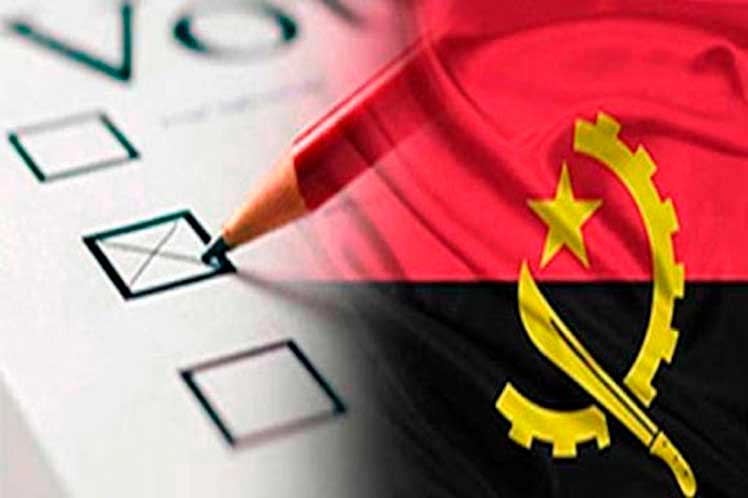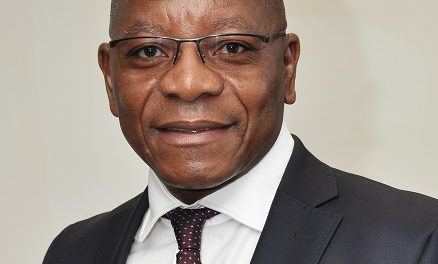
MPLA wins Angola elections

By Clarkson Mambo.
The MPLA party won the 24 August general election, which has been described by observers as held in line with regional and international standards.
According to provisional results announced by the National Electoral Commission (CNE) of Angola, the People’s Movement for the Liberation of Angola (MPLA) led by President João Lourenço won a total of 51.07% of the votes cast.
This is against the 44.5% votes for the main opposition party, the Union for the Total Independence of Angola (UNITA) led by Adalberto Costa Júnior.
The CNE said out of the 220 contested seats in the National Assembly, results show that the MPLA has won 124 seats and UNITA has 90 seats.
Results for the six remaining seats are still pending, and have no bearing on the final results as the MPLA has already won the majority votes to lead the next government.
The Angolan National Assembly has 220 contested seats, plus two additional seats for the President and Vice President, who are the candidates of the majority party in Parliament.
The CNE is expected to announce the final and official results by 1 September, enabling President Lourenço to begin his second term in office.
Angola uses an electoral system of Proportional Representation for the election of Members of Parliament.
The candidate of the party winning the most votes in the parliamentary election becomes the President.
Before the Constitution was changed in 2010, the President was directly elected.
Lourenço was first elected President of Angola in 2017, taking over from the late President José dos Santos, who had served since 1979 following the death of the founding President, Dr. Agostinho Neto.
The MPLA has never lost an election since the country gained independence from Portugal in 1975, and in his campaign message, President Lourenço had urged all Angolans to “honour the memory” of the late President José dos Santos by voting for the MPLA party.
President José dos Santos died on 8 July after an illness and was laid to rest on 28 August in Angola, at an event attended by various leaders from the region and abroad.
In its announcement, the CNE said voter turnout was 45.65% of the 14.4 million registered voters.
Young people below the age of 25 accounted for more than 60% of the registered voters.
More than eight political parties including the Humanist Party of Angola (PHA), Casa-CE, and the National Front for the Liberation of Angola (FNLA) participated in the general elections.
In the last election held in 2017, the MPLA won 150 seats in Parliament, while UNITA got 51, and the CASA- CE coalition secured the remaining 16 seats.
The 24 August general elections were the fifth multi-party polls following those held in 1992, 2008, 2012, and 2017, and marked 20 years since the end of the civil war in 2002.
The Southern African Development Community (SADC) Election Observation Mission (SEOM) was one of the many regional and international observers at the polls.
In its preliminary statement on the conduct of the polls, the SEOM said the political and security environment before and during election day was calm and peaceful.
“The mission observed that the pre-election and voting phases on 24 August 2022 general elections were peaceful, calm, and well-organized which enabled voters to express their democratic will,” head of the SEOM, Frans Kapofi said.
Kapofi, who is the Namibian Minister of Defence and Veteran Affairs said “the mission also observed that political parties were able to campaign freely.”
The SEOM has urged for calm until the final results are announced and for those aggrieved by the outcome to follow set down procedures for redress
In line with the SADC Principles and Guidelines Governing Democratic Elections, the SEOM is expected to release its final report within 30 days after the announcement of election results.
The SEOM was guided by the provisions and requirements of the Angolan Constitution and will observe the elections in three phases: the pre-election period, election day, and post-election. sardc.net









































